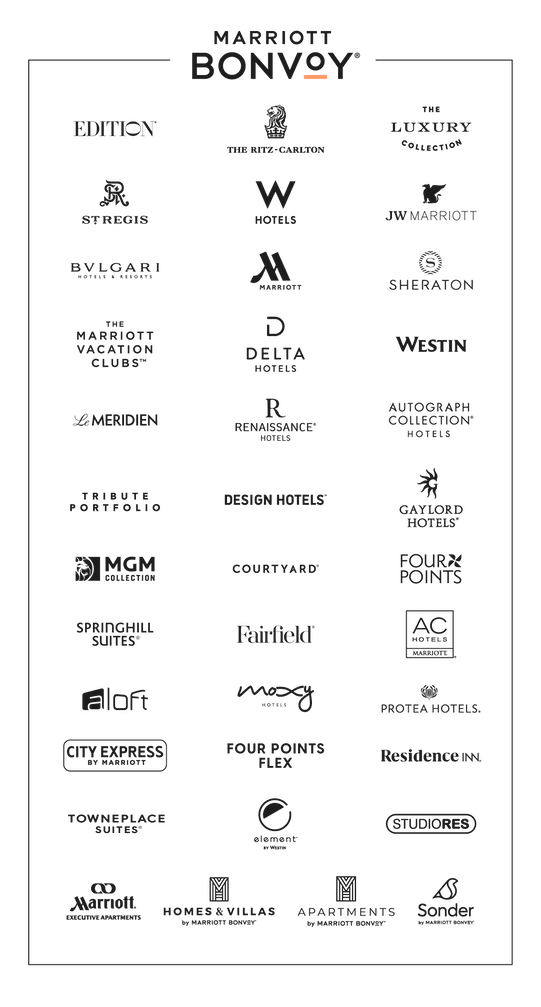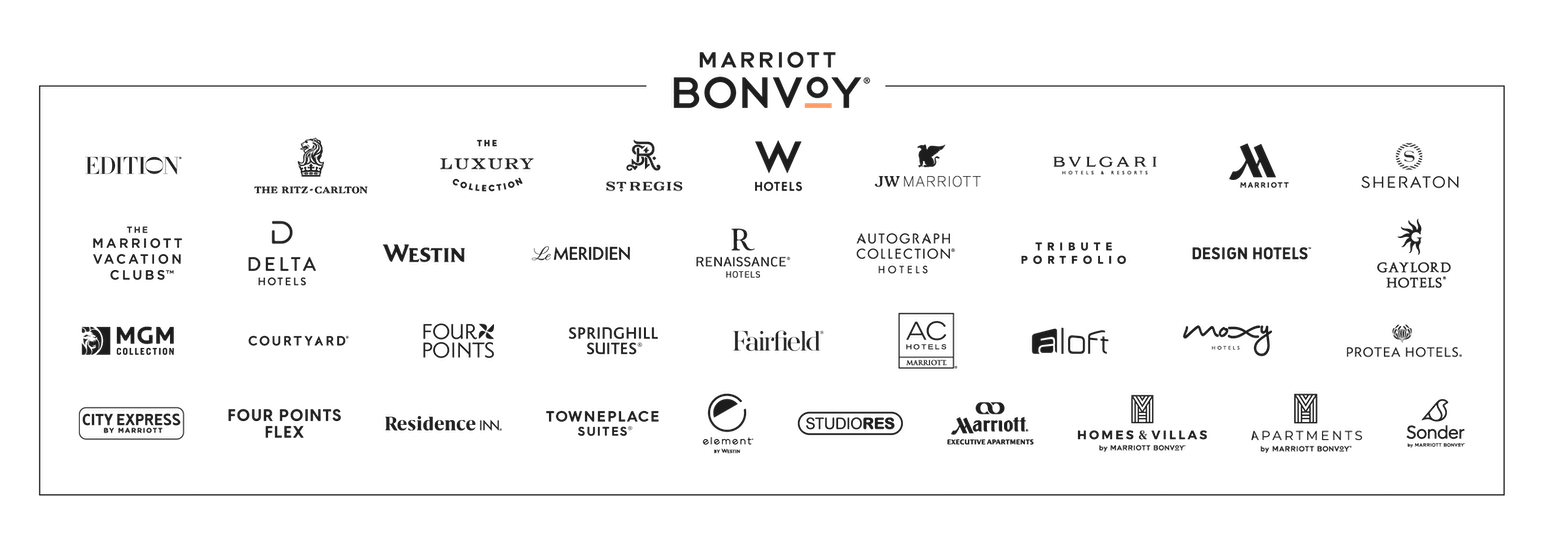How Planners Are Leveraging AI
Artificial intelligence (AI) has gone from a buzzword to a real, tangible tool for meeting and event planners. According to research from American Express, 50% of them plan to use AI for event planning in 2025. Yet, despite its potential, data from Northstar/Cvent indicates that many planners haven’t found practical applications for AI in their day-to-day work.
If you’re feeling skeptical or overwhelmed, you’re not alone. Fortunately, more meeting planning app tools are emerging that can be easily adapted for automating tedious tasks, optimizing budgets, and enhancing attendee experiences.
Previously, we’ve covered three simple ways to start using AI, but this time, we’re getting into the nitty-gritty. With insights from Jim Spellos (president and founder of Meeting U, a technology education company) and Brandt Krueger (senior production manager for EideCom), we’ll explore specific ways to integrate AI into your workflow. Prepare to be amazed.
AI for Research and Site Selection
Traditionally, researching event venues and destinations was time-consuming. You’d sift through websites, request RFPs, and compare locations manually. AI is changing that.
Spellos says that AI-powered research is improving dramatically. Tools like Gemini 2.0 Flash and DeepSeek can analyze 30-40 websites at once and provide profound insights. Unlike earlier versions of AI, which sometimes made up information, these tools can now cross-reference data to deliver accurate, actionable results. This means that instead of spending hours searching for a venue that meets your requirements, AI can scan multiple sources and identify the best options based on your needs. For example, try asking something like, “Find me a venue with 200 rooms, downtown, with catering options for lunch and dinner.” Instead of sifting through pages of results, you’ll get an informed, realistic answer—fast. Bonus Tip: Upload your responses into AI and ask it to summarize the key differences between vendors. This can speed up decision-making and ensure you don’t miss any details.
AI for Budgeting and Financial Planning
AI won’t replace your financial expertise, but it can speed up number crunching and highlight important trends. Event budgets are complex, with shifting costs, last-minute changes, and layers of approvals. AI can streamline this process by handling spreadsheet calculations, predicting cost overruns, and even running sentiment analysis on attendee feedback. Consider using Open AI (which created ChatGPT) or any large language model to create complex formulas for your budget spreadsheet. For example, calculate exactly how much of your budget is already accounted for by asking, “How many attendees still need to pay for the gala dinner?” AI can also scan your past budgets and suggest where you might be overspending or identify cost-saving opportunities.
AI for Personalizing Attendee Experiences
As you already know, personalization is key to engagement, and AI makes it easier than ever. To start with, rather than providing generic recommendations for your group, AI can tailor event content to individual attendees. It can analyze attendee feedback, too: Spellos has used it to scan post-event surveys, match ratings with text comments, and create a word cloud to highlight key themes.
AI planners can and should provide AI-driven networking suggestions to help their attendees, too. For example, they could upload your event agenda into an AI tool, and ask something like, “I’m interested in F&B. Which breakout sessions should I attend?” Attendees can also use AI for networking suggestions, recommending who they should meet based on shared interests or job roles. AI tools like Google’s NotebookLM (an AI-powered note-taking tool) can even summarize session content for attendees who missed a talk.


AI for Event Content Creation and Marketing
Keeping up with social media and promotional content can feel like a full-time job. AI tools can generate, edit, and repurpose content at scale. Some of the best tools for event planners include OpusClip: Upload an hour-long session video, and this tool will automatically generate short, engaging social media clips formatted for different platforms. Similarly, planners could use this tool to turn last year’s keynote into a series of LinkedIn posts and Instagram Reels without manually editing each piece.
Need a polished post-event report? Upload your notes, and Gamma will turn them into a professional slide deck in minutes. Spellos uses ElevenLabs to improve audio quality for event recordings. Have a session recorded in a noisy environment? The platform can clean up the audio and make it sound professional.
AI for Smoother Event Logistics
AI-powered automation can handle RSVPs, agenda management, and speaker coordination so you don’t have to. Just feed a tool like Mermaid your event details, and it can use them to create a full conference timeline in seconds. AI chatbots, such as Jasper, can handle attendee inquiries, confirmations, and last-minute schedule changes without manual intervention.
Remember AI Is Here to Help
AI won’t replace your job, but as Spellos and Krueger both emphasize, planners who embrace AI will have an edge. Think of AI like Excel—once a novelty, now an essential tool. In the near future, knowing how to use AI will be just as expected as knowing how to build an event budget. As Krueger puts it, “AI won’t take your job, but someone who knows AI better than you might.”
The key is not to force AI into your events just because it’s new and trendy. Instead, play with it. Try a $20 ChatGPT subscription for a month. Test an AI-powered site selection tool. Use AI for small, practical tasks like cleaning up event audio, generating a report, or summarizing RFPs. By starting small and learning what works for you, you’ll stay ahead of the curve—and free up time for the creative, human side of event planning.

